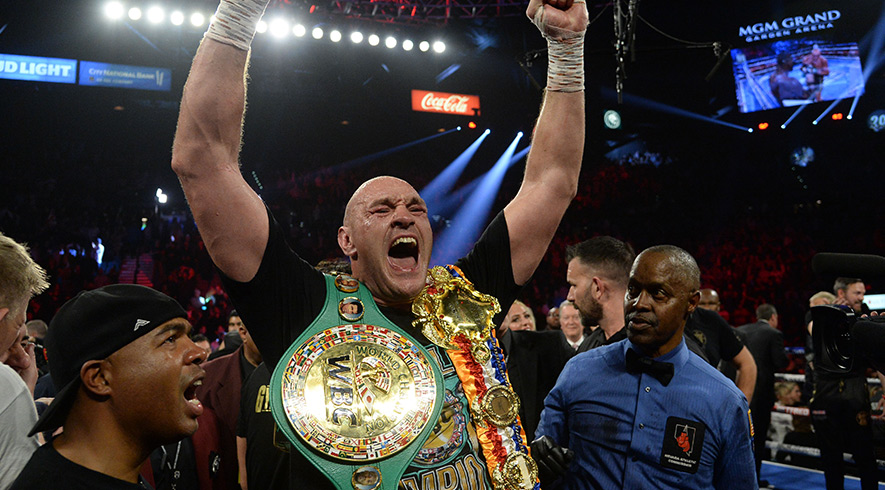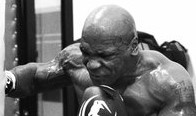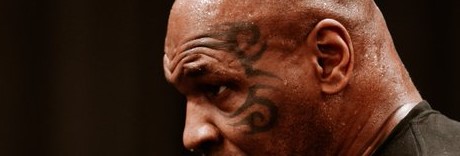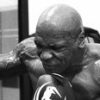By: Ben Sutherland
To many casual fans, the return of Nicaragua’s Roman Gonzalez probably went largely unnoticed. Just one of several high-profile fights on a stacked Canelo v GGG undercard, many American, Mexican and British fans likely skimmed over the super flyweight bout between Gonzalez – known to his fans as Chocolatito, and former world champion, Moses Fuentes. As with many of the undercard bouts on Saturday night, the fight was a one-sided affair with Chocolatito dominating the early rounds and ultimately stopping Fuentes in the 5th.
What the vast majority of non-Nicaraguan fans likely missed altogether was the colours Chocolatito was wearing on his shorts; black and red, a seemingly minor detail in such a high-profile fight.

However, the political significance of this clothing choice cannot be overstated.
In the early Spring of this year, Nicaragua’s president, Daniel Ortega, took steps toward attempting to establish a familial dynasty dictatorship in his country. Simply put, this was a political move which took power away from the Nicaraguan population and distributed it back into the hands of the political elite. Students, outraged by illegality, injustice and implications of such a move, took to the streets in non-violent protest.
What began as non-violent expressions of displeasure quickly turned sour as a government-hired paramilitary force, known as the Sandanistas, was sent to suppress the protests. Civil war erupted in Nicaragua. Angry students clashed with paramilitary forces in the streets in a guerrilla warfare style conflict.
Ortega’s government quickly shutdown all the universities in the country. Medical students were kidnapped so they couldn’t assist with wounded students and hospitals were forbidden to aide these same students under the threat of terrorism charges. In August, the international group which monitored human rights in Nicaragua was forced to leave.
Thousands of students, unwittingly turned into freedom fighters overnight, have now been kidnapped, tortured and killed. Many others have fled to neighbouring countries and further afield in pursuit of safety. Everyday, new horrific stories emerge of torture and cold-blooded killing. A group of students, seeking protection in a church, found themselves barricaded inside and burnt alive by paramilitary forces. Another student, captured by the paramilitary, had his testicles crushed in clamps as he refused to give up information.
Death tolls are only approximate with Ortega’s government monitoring press releases and statistics in both Nicaraguan and Central American media, but the removal of human rights groups and news leaks are both indicative of the severity of the situation.
There is not much room for debate here. Students are being murdered in the huge numbers and the Nicaraguan state is ruling with fear and an iron fist. Regardless of what you may think of Ortega’s ideas, the manner in which he his carrying out his politics is ruthless, barbaric and something which modern day society should have left behind a long time ago.
The colours of Ortega’s Sandanista movement? Black and red. The same colours that Chocolatito chose to wear on Saturday night. This was far from a coincidence, paid off by the government who are desperately trying to save their international reputation, Chocolatito walked to the ring draped in his black and red attire.
In doing so, Chocolatito actively and knowingly, supported and benefited from a tyrannical government which, as I write this article, continues to intimidate, murder and imprison its own people. Perhaps, it was out of fear, perhaps it was greed, but either way, it was a conscious choice to perpetuate the violence in Nicaragua.
At its core, what is international sport really about? Competition, inspiration and above all, showcasing the very best of a country and the world. Sport has long been a vehicle for political change and expression: Tommie Smith and John Carlos’ Black Power salute at the 1968 Olympics, the clash of communism and capitalism that played out over the international sporting stage during the 1980’s or more recently, Russians and Georgians sharing the top spot of the podium in protest against the conflict of their two countries.
Chocolatito had an opportunity, in front of the world’s sporting media, to speak out and do something, but he chose not to. Not only did he choose not to, he chose to support the abuse and human rights violations in his own country.
Contrast this against his fellow Nicaraguan boxer, Cristofer Rosales. Rosales is the WBC flyweight champion of the world and most recently fought on last month’s Frampton v Jackson undercard in Ireland. Rosales was also approached by the government and offered incentives to wear the red and black of the Sandanistas. Rosales refused. He handed back all the gear that the Nicaraguan government had ever given him and alongside his team, walked into the ring wearing black armbands in solidarity with the Nicaraguan students.
Is this entirely Chocolatito’s fault? Who knows, but would I get excited about his comeback and him up as the type of role model sport and boxing needs? No. No I would not.
Finally, I would urge anyone who reads this to go and research recent events in Nicaragua. Perhaps mainstream consumers of media are too desensitised and distracted to care, but you shouldn’t be.







